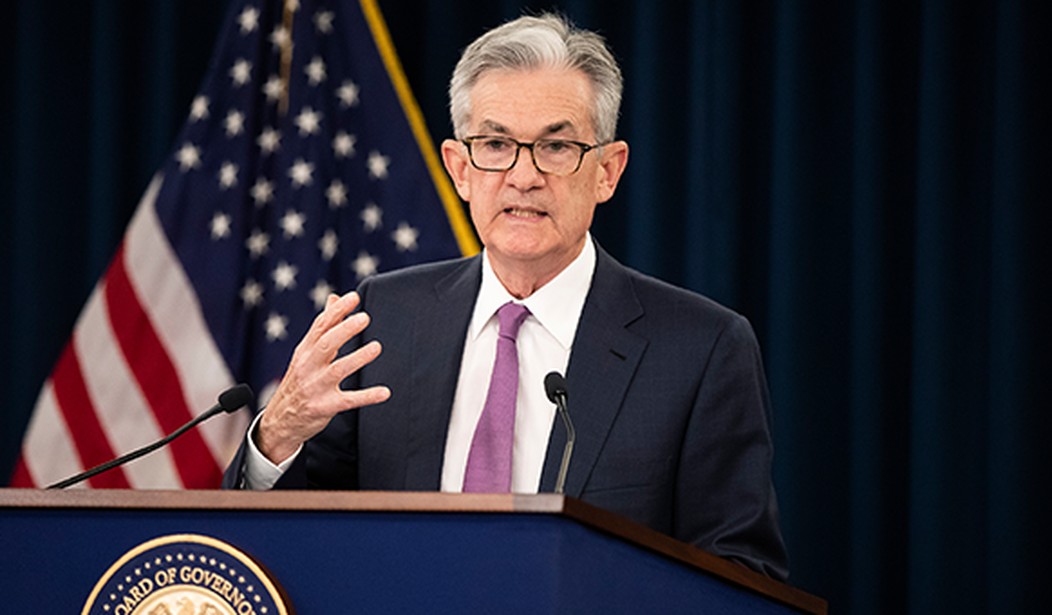Amid fears that recession is still running hot, the Federal Reserve announced on Wednesday that it would be raising the interest rate by another quarter of a percent.
The news came despite multiple financial experts and Wall Street executives warning that the recent financial crisis – in which three banks collapsed – should give the Fed pause about continuing to raise rates.
However, Fed Chair Jerome Powell countered those fears in his statement following the Fed’s decision, noting that the bank failures, which began with Silicon Valley Bank’s collapse earlier in March, were the fault of risky investing practices and failure to follow regulatory guidelines.
At his press conference on Wednesday afternoon, Fed Chair Jerome Powell spoke about Silicon Valley Bank’s failure. https://t.co/nkMIHiLzpr pic.twitter.com/Iks2RBqWOv
— CNBC (@CNBC) March 22, 2023
The Fed has maintained that its job is, first and foremost, to bring inflation down, and they have set a goal of at or below 2 percent inflation. That suggests they will continue to be more aggressive on interest rate hikes and don’t see the recent mini-financial crisis as a direct result of their policy.
The Fed’s Wednesday decision was followed up Thursday with a similar move in the U.K., as the Bank of England raised interest rates by a quarter of a percent (bringing it to 4.25 percent), citing signs of inflation also running hot there.
But the good news for the UK is that the Bank of England also believes the nation is no longer headed toward recession. Via the BBC:
The Bank also said the UK was no longer heading into an immediate recession.
“We were really a bit on a knife edge as to whether there would be a recession… but I’m a bit more optimistic now,” said Bank governor Andrew Bailey.
However, Mr Bailey warned the UK was “not off to the races”, with the economy expected to grow only slightly in the coming months.
Interest rates have been rising steadily in an attempt to tackle rising prices.
Inflation, which is the pace at which prices rise, remains close to its highest level for 40 years at 10.4% in the year to February – more than five times the Bank’s target.
Globally, inflation has been on the rise, but the U.S. and U.K. have seen it rise higher than almost anywhere else. In the U.S., the primary cause has been the amount of money given to citizens to combat other poor economic conditions during the COVID-19 pandemic. That much money dumped into the U.S. economy led to a massive spike in the inflation rate.
And while the Bank of England may believe that the U.K. is no longer headed for recession, there is still concern that the U.S. economy may well be on its way toward one. The Federal Reserve has been aggressive at raising the interest rate, but it still has to do it incrementally or risk completely destabilizing the economy (even further).
That balancing act has put the Fed in the crosshairs of the left and the right. Progressives in particular are demanding that the Fed pause interest rate hikes and focus on regulations. Conservatives are wary of federal regulators and are currently demanding answers as to why those banks were bailed out.














Join the conversation as a VIP Member